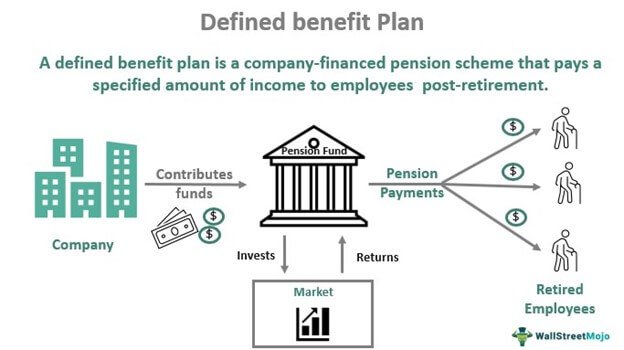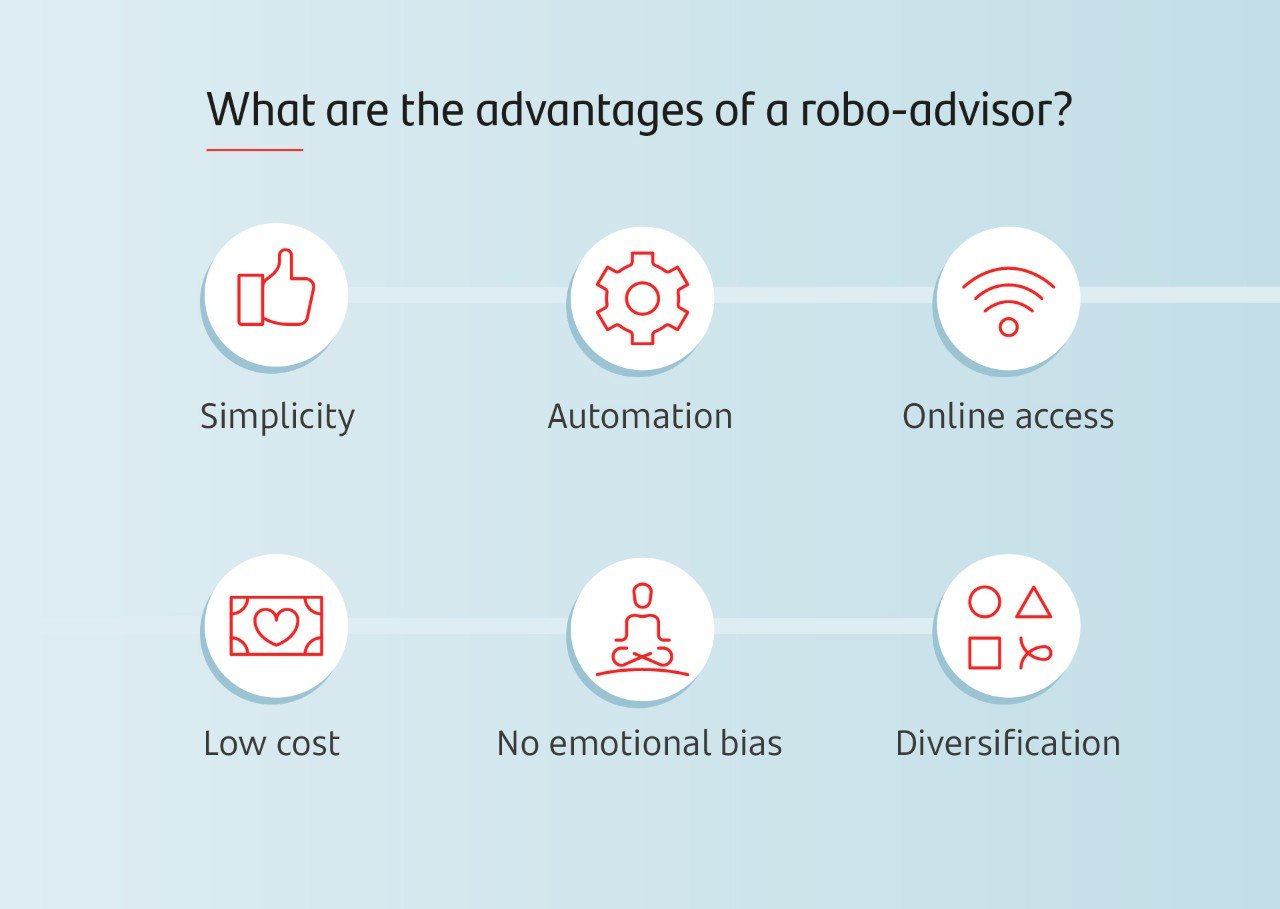Are you wondering if long-term care insurance is right for you? Determining whether you need this type of coverage can be a complex decision. But don’t worry, we’re here to help you navigate through the process and make an informed choice. In this article, we’ll walk you through the key factors to consider when determining if long-term care insurance is necessary for your specific situation. It’s time to gain clarity and peace of mind about how to determine if you need long-term care insurance. Let’s get started.
How to Determine if You Need Long-Term Care Insurance
Introduction
Long-term care insurance is a financial product that provides coverage for the costs associated with extended care services, such as nursing homes, assisted living facilities, or home health care. As individuals age, the likelihood of needing long-term care increases. However, determining if you need long-term care insurance requires careful consideration of various factors. In this article, we will explore the key elements that can help you make an informed decision about whether long-term care insurance is right for you.
The Likelihood of Needing Long-Term Care
Understanding the likelihood of needing long-term care is an essential first step in determining if you need long-term care insurance. While it’s impossible to predict the future with certainty, certain indicators can help you assess your risk. Consider the following factors:
- Age: The risk of needing long-term care generally increases with age. As you get older, the probability of developing chronic health conditions that require prolonged care also rises.
- Family History: Examine your family’s medical history and identify any patterns of chronic illnesses or conditions that may increase your vulnerability to long-term care needs.
- Health Status: Assess your current health status. Do you have any existing medical conditions or disabilities that may require long-term care in the future?
- Lifestyle Choices: Certain lifestyle choices, such as smoking, excessive alcohol consumption, or poor diet, may increase your chances of needing long-term care. Consider how these factors may impact your future health.
By evaluating these factors, you can better gauge the likelihood of needing long-term care and determine if purchasing insurance is a prudent decision.
The Cost of Long-Term Care
Long-term care can be expensive and can quickly deplete your savings if you are not adequately prepared. To understand if long-term care insurance is necessary for you, it’s important to estimate the potential costs involved. Factors that influence the cost of long-term care include:
- Type of Care: The cost of care varies depending on the type of care facility you require. Nursing homes tend to be more expensive than assisted living or home health care.
- Location: The cost of care can also vary depending on your geographic location. Urban areas typically have higher costs than rural areas.
- Duration of Care: The longer you require care, the more it will cost. Consider the average length of stay for individuals with similar conditions to estimate potential expenses.
- Inflation: Factor in the effects of inflation over time, as the cost of long-term care services tends to increase annually.
Take the time to research and gather estimates of long-term care costs in your area. By comparing these figures to your financial situation, you can determine if long-term care insurance is a suitable option for you.
Financial Considerations
Evaluating your financial situation is crucial in deciding if long-term care insurance is necessary. Consider the following aspects:
- Assets: Evaluate your current assets, including savings, investments, and any real estate. Determine if these assets would be sufficient to cover potential long-term care expenses without significantly impacting your financial stability.
- Income: Assess your sources of income, such as pensions, social security benefits, or annuities. Will your income be enough to cover future care costs or will it be significantly burdened?
- Other Insurance Policies: Review your existing insurance policies, such as health insurance or disability insurance, to understand what coverage they provide for long-term care expenses.
- Government Programs: Consider whether you are eligible for any government programs, like Medicaid, which may provide assistance with long-term care costs.
Understanding your financial resources and obligations will help you determine if long-term care insurance is necessary to protect your assets and maintain your financial security.
Personal and Family Support System
Another factor to consider when deciding on long-term care insurance is your personal and family support system. Evaluate the following:
- Family Dynamics: Assess the availability and willingness of family members to provide care and support if the need arises.
- Geographical Proximity: Consider how close you live to your family members or close friends who may be able to assist with care.
- Personal Preferences: Determine if you have a preferred type of care and if your support system can accommodate those preferences.
Having a reliable support system may influence your decision to purchase long-term care insurance. If you have dependable and accessible support, the need for insurance may be reduced.
Healthcare Options and Alternatives
In addition to long-term care insurance, there are alternative options you can consider for future healthcare needs. These options include:
- Self-Funding: If you have substantial financial resources, you may choose to self-fund your long-term care expenses without purchasing insurance.
- Health Savings Accounts (HSAs): HSAs offer tax advantages and can be used to save for long-term care expenses. Assess if this option aligns with your financial goals.
- Life Insurance with Long-Term Care Riders: Some life insurance policies offer long-term care riders, providing coverage for long-term care costs while also serving as a life insurance policy.
- Hybrid Policies: Hybrid insurance policies combine long-term care coverage with life insurance or an annuity, providing flexibility and potential benefits. Evaluate if this option suits your needs.
Consider exploring these alternatives and assessing their suitability based on your financial goals, risk tolerance, and personal preferences.
Determining if you need long-term care insurance requires careful evaluation of multiple factors, including the likelihood of needing care, the potential costs involved, your financial situation, and your personal support system. By thoroughly considering these aspects, you can make an informed decision that aligns with your long-term care needs, financial goals, and personal preferences. Remember, everyone’s situation is unique, so it’s important to carefully assess your individual circumstances before making a final decision.
Do I Really Need Long-Term Care Insurance?
Frequently Asked Questions
Frequently Asked Questions (FAQs)
What is long-term care insurance?
Long-term care insurance is a type of insurance policy that helps cover the costs associated with long-term care services, which may include assistance with activities of daily living, such as bathing, dressing, and eating, as well as care provided in a nursing home or assisted living facility.
Who needs long-term care insurance?
Determining if you need long-term care insurance depends on various factors such as age, health, lifestyle, and financial situation. It is generally recommended for individuals who want to protect their assets against the high costs of long-term care services and ensure they have access to quality care in the future.
What are the benefits of having long-term care insurance?
Long-term care insurance provides several benefits, including financial protection against the high costs of long-term care, the ability to choose your preferred care setting, peace of mind knowing you have a plan in place, and the potential to preserve your assets for your loved ones.
How can I determine if I need long-term care insurance?
To assess if long-term care insurance is necessary, consider factors such as your age, health history, family medical history, financial stability, and personal preferences for care. Additionally, evaluating the availability and affordability of long-term care services in your area can help inform your decision.
Does Medicare cover long-term care expenses?
Medicare provides limited coverage for long-term care services under specific circumstances, such as skilled nursing facility care after a hospital stay. However, it does not typically cover custodial care, which is the type of care most individuals require as they age. Long-term care insurance helps bridge this gap in coverage.
What age is ideal to purchase long-term care insurance?
The ideal age to purchase long-term care insurance is typically between 50 and 65 years old. Buying coverage earlier can help secure lower premiums and ensure eligibility while you are still in good health. However, it is never too late to consider long-term care insurance, as options are available for individuals of all ages.
What factors affect the cost of long-term care insurance?
The cost of long-term care insurance varies based on several factors, including age at the time of purchase, desired coverage amount, length of coverage, elimination period, inflation protection, and the insurance company’s pricing structure. It is recommended to compare quotes from multiple providers to find the most suitable and affordable policy for your needs.
What happens if I buy long-term care insurance but never need it?
If you purchase long-term care insurance but never end up needing it, some policies may offer a return of premium feature that refunds a portion of the premiums paid. However, this feature is not available in all policies, and the terms and conditions may vary. It’s important to review the policy carefully and discuss these details with your insurance agent.
Final Thoughts
Determining if you need long-term care insurance is an important decision to ensure your financial security in the future. Assessing a few key factors can help you make an informed choice. Firstly, consider your age and health status. If you are getting older or have a family history of chronic illnesses, long-term care insurance may be necessary. Additionally, evaluate your financial situation. Calculating potential costs of long-term care versus your assets and income can guide your decision-making process. Lastly, consider your support network. If you lack family or friends who can provide care, long-term care insurance can protect you in case of future need. Determining if you need long-term care insurance is essential for safeguarding your future well-being.



